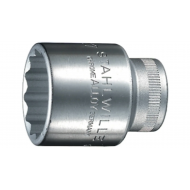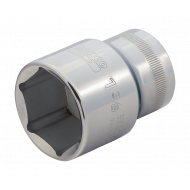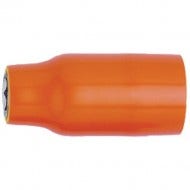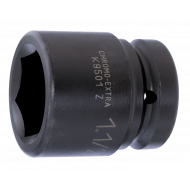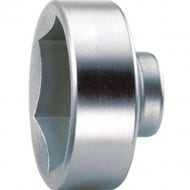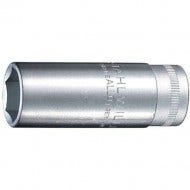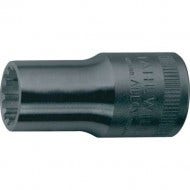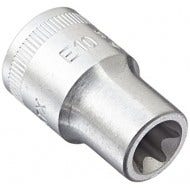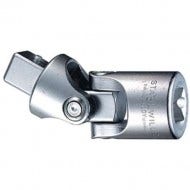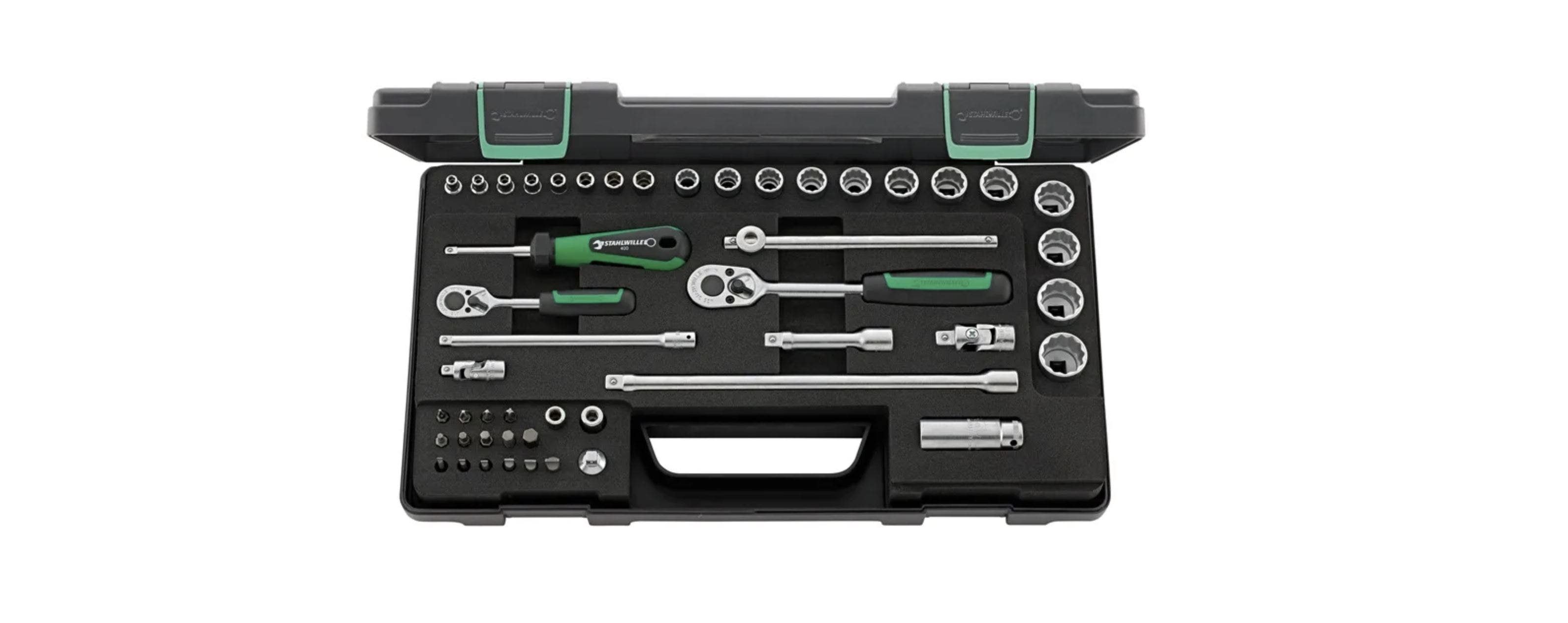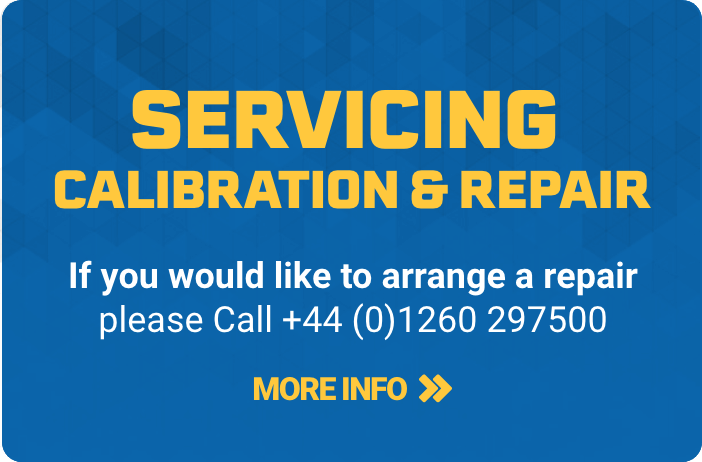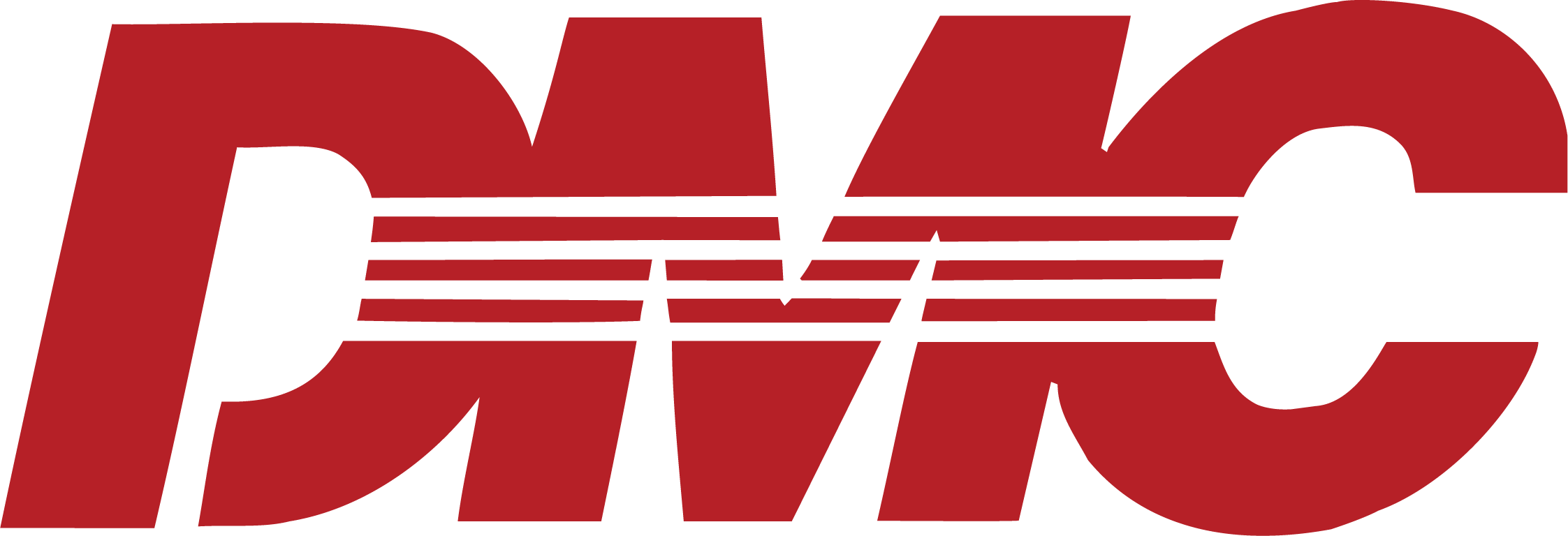Sockets
A socket is a hand tool that is attached on the end of a torque wrench or ratchet and is designed to tighten or loosen a fastener, such as a nut or bolt by gripping its edges.
Sockets have two ends, a square drive that attaches to the tool, and an end that goes over the fastener to grip its edges. Different sockets have different designs to attach to fasteners, such a hex (six sides), bi-hex (12 sides), Torx sockets (six-sided star shape) and screw sockets, which attach to the middle of the fastener, rather than gripping its edges.
Sockets are used widely by many trades people, including mechanics, aviation technicians, electricians, plumbers, joiners and DIYers, for jobs around the house.

